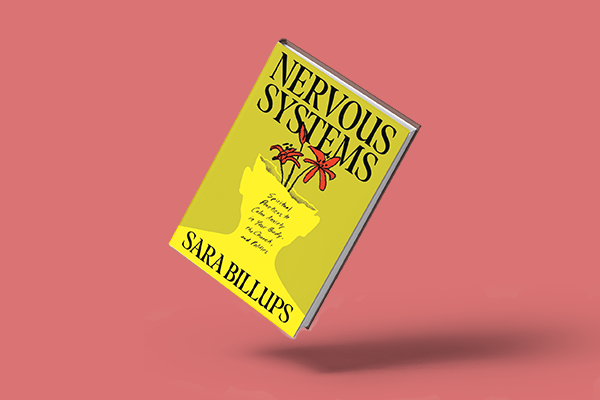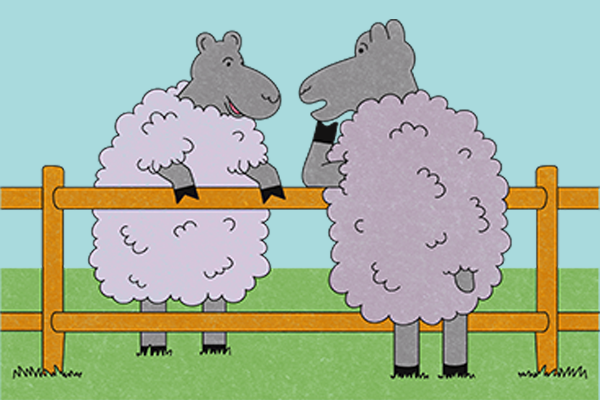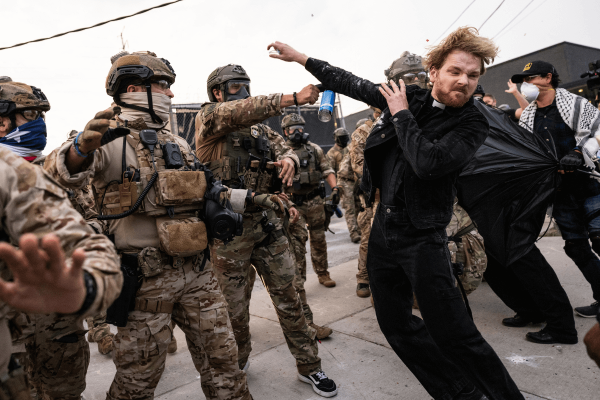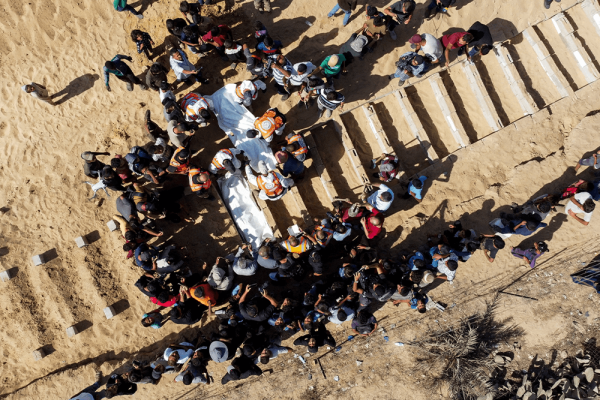FOR MATTHIAS ROBERTS, and many others, growing up in the church was a traumatic experience. His childhood churches, he writes in our cover feature, were “filled with people who weren’t afraid to tell me I needed to become straight for God to save me from hell.” The effect of such “adverse religious experiences,” as Roberts explains, goes far beyond the immediate harm done to individuals in these settings and can linger deep into their adult lives. That trauma can be triggered by any church experience, even in a supposedly safe and affirming context — another reminder that what happens in any branch of the body of Christ affects the integrity and witness of the whole of the church.
Journalist Gabriel Pietrorazio writes about another kind of church-related trauma, that stemming from what Pope Francis called the “cultural destruction and forced assimilation” of residential schools, often church-run, that many Indigenous people in the U.S. and Canada were made to attend. While there isn’t a clear or easy map to healing for the survivors of religious trauma, one necessary component is the presence of a loving, compassionate community — it’s not a journey to be undertaken alone.
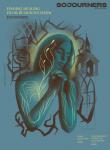
Got something to say about what you're reading? We value your feedback!

